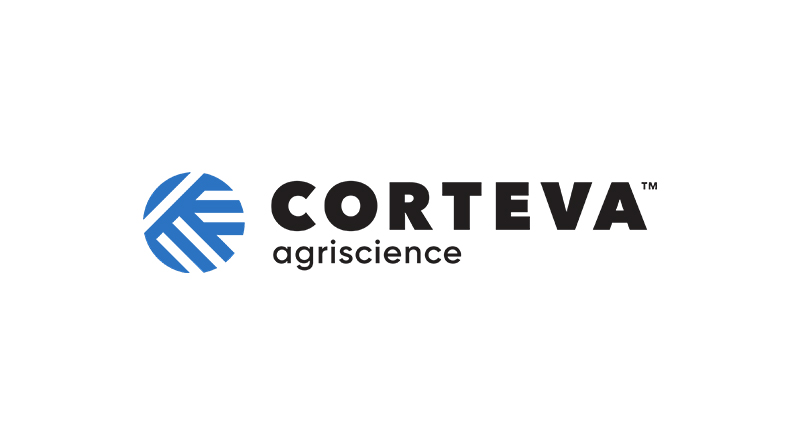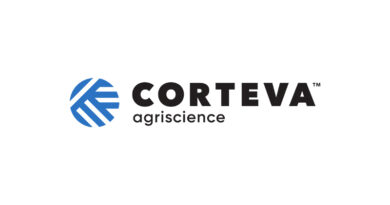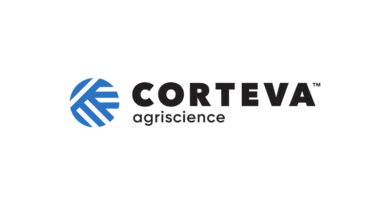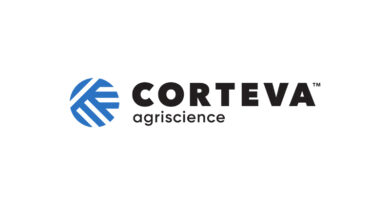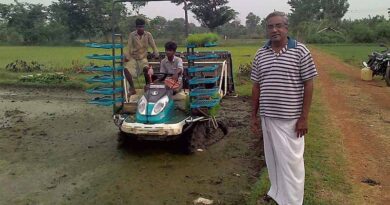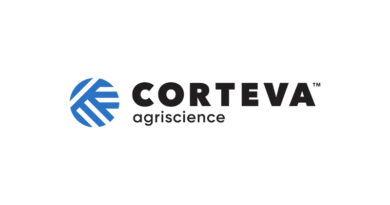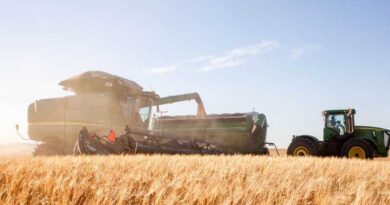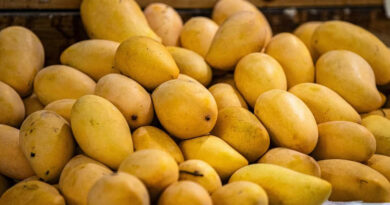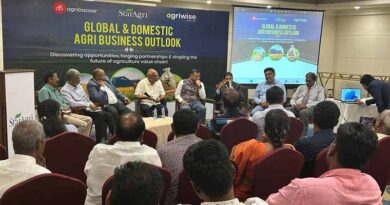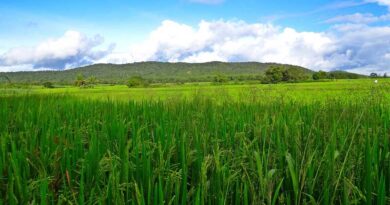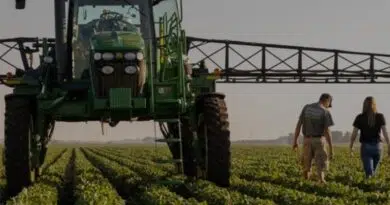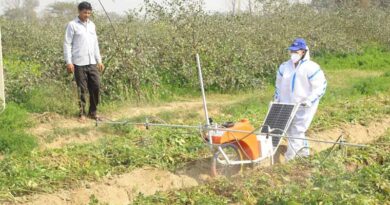Corteva Agriscience Announces New Climate Positive Leaders Program Recipients
09 June 2023, Indiana: Corteva, Inc. announced the 19 global and regional recipients of its 2022 Climate Positive Leaders Program, a nomination-based farmer and rancher recognition initiative. The recipients are early adopter producers who are successfully implementing, scaling and sharing climate positive practices. Representing Argentina, Australia, Brazil, Canada, India, Kenya, New Zealand, the United Kingdom, and the United States, these farmers have adopted a wide range of innovative systems and approaches that uniquely support their productivity goals while protecting natural resources.
Farmers were nominated by regional third parties including grower groups, nonprofit organizations, universities, or other technology advisers, and were judged by a panel of global agriculture industry leaders based on program criteria. The ten global leaders will receive lifetime membership, training and other opportunities from Global Farmer Network®, enabling them to share their experiences with other farmers as well as engage broadly about the agriculture industry. Nine regional leaders will also work with the Global Farmer Network team to expand their skills to lead conversations to advance the adoption of climate positive farming practices.
“These leaders have proven that sustainability does not have to come at the expense of profit or productivity,” said Ashish Batra, Global Regulatory Affairs and R&D Sustainability Leader, Corteva Agriscience. “We’re providing farmers a global platform to broadly share their successes and challenges to highlight how the agriculture industry can meet the world’s growing food and fuel demands while protecting valuable land and water resources.”
2022 Climate Positive Leaders Program Global Leaders
- Tom Cannon is a farmer in northern Oklahoma raising cattle and implementing a no-till, rotational cover crop approach for his wheat, soybeans, corn, milo, cotton, sesame, and canola acres. He actively educates thousands of growers, agronomists, and Future Farmers of America members throughout the Midwest on the benefits of climate positive agriculture.
- Mitchell Hora is a 7th generation farmer in southeast Iowa producing corn, soybeans, and sweet corn, as well as experimenting with more than 25 species of cover crops. In addition, he has built a soil health data intelligence company, building upon his farm’s data and engaging with other growers in 42 states and 20 countries to improve soil health.
- Kasey Bamberger is a member of a multi-generational farm in Southwest Ohio raising corn, soybeans and soft red winter wheat using reduced tillage, cover crops and carbon sequestration programs to reduce the dependence on inputs while protecting natural resources.
- Maria Pia Barrios Baron is a member of a century-old farming business in Rivadavia district, Argentina, managing a sustainable pasture-focused livestock operation along with maize, soybeans, wheat, barley, rye and oats for animal feed, grazing and commodity production.
- David Statham produces cotton, along with cereal crops, pulse crops and livestock forage in Moree, New South Wales, Australia. Located next to the World Heritage site Gwydir Wetlands, he has developed the first climate positive traceable irrigated and dryland cotton, and expanded the practices to smallholder farmers in India, showcasing how sustainable agriculture and environmental conservation can co-exist.
- Haroldo Cunha is a farmer in Turvelandia, Goiás State, Brazil who uses no-till and soil management practices to produce soybeans, cotton and maize as well as raising cattle. In addition, he has implemented a reforestation program and actively engages with local, regional and country-based agriculture organizations to advance sustainable practices.
- Doug and Erika Fossen operate a cow/calf ranch in Rock Creek, British Columbia, Canada, and use no-till and pivot irrigation to raise corn and alfalfa for feed and silage. The Fossen’s actively protect at-risk wildlife populations through riparian management practices and protect limited water resources through targeted irrigation and fertilizer use.
- Ravichandran Vanchinatha Iyer is a farmer in Tamil Nadu, India, producing rice, cotton, pulses and sugarcane, where he advances the adoption of intercropping, seed varietal optimization, and drip irrigation along with an on-farm zero-plastic/zero-pollution policy. In addition, he actively engages with university scientists, policymakers, and private sector leaders as well as using social media to educate local and regional farmers on his practices.
- Lucy Kaari is a smallholder farmer in Tagnia, Meru County in central Kenya, raising beans, sorghum and maize along with garden vegetables to support her family and the local community. She also provides regenerative agriculture advisory services to 176 other smallholder farmers, guiding them to achieve higher production per acre, resilience to moisture stress, reducing labor needs, and higher gross margins as compared to conventional agriculture.
- Oliver Carrick produces wheat, barley, beans, oats as well as forage for livestock in Leicestershire, United Kingdom, implementing a variety of climate positive research methods to evaluate the impact on wildlife and the local environment. In addition, he has created agroforestry, buffer and woodland margins programs, monitoring the impacts to soil, water and wildlife.
Also Read: Dhanuka Agritech further strengthens its herbicide portfolio with two new selective herbicides
(For Latest Agriculture News & Updates, follow Krishak Jagat on Google News)

